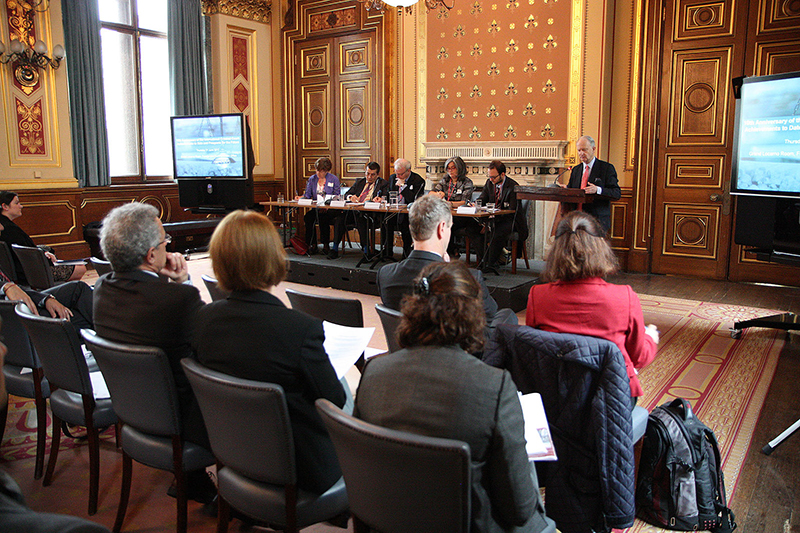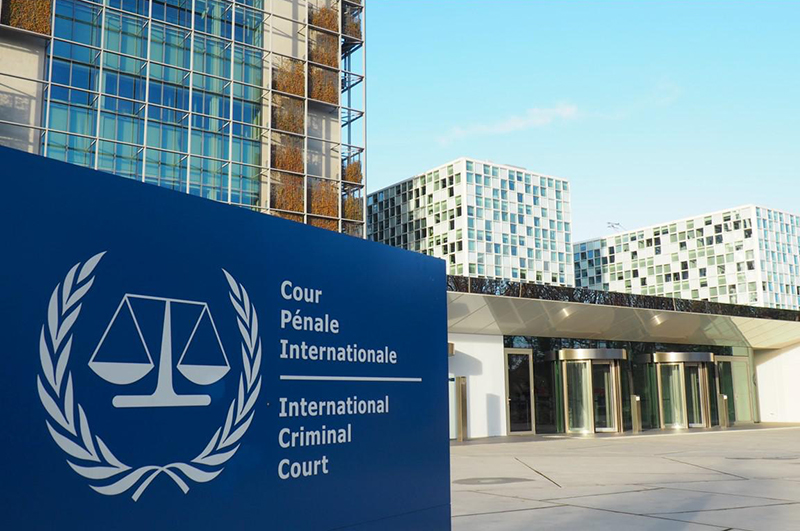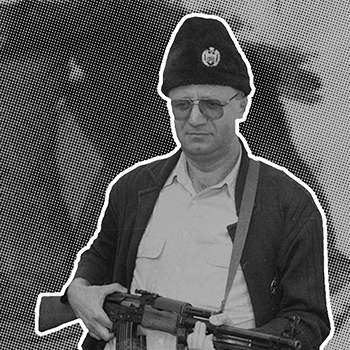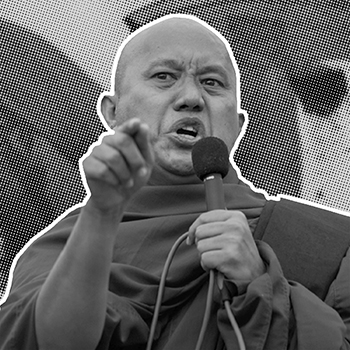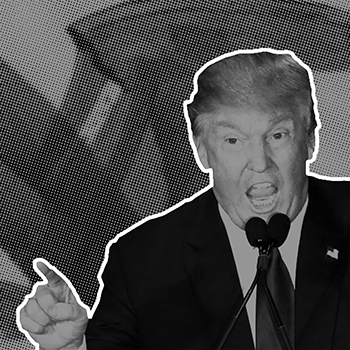How did the law become so fragmented?

The law governing the relationship between speech and core international crimes — a key component in atrocity prevention — is broken.
Given its objectives, the current definition of incitement to genocide is inadequate – with unnecessary and/or vague elements.
The law on hate speech as persecution is split between two different tribunals and this has created dysfunctionality – the ICTY requires direct calls for violence; the ICTR does not, reasoning that in the context of atrocity, direct calls for violence are not necessary to establish guilt.
Through poor jurisprudence, instigation has been saddled with an unrealistically heavy “contribution” requirement and ordering allows for commanders to direct that atrocities be committed but escape liability if not actually committed.
